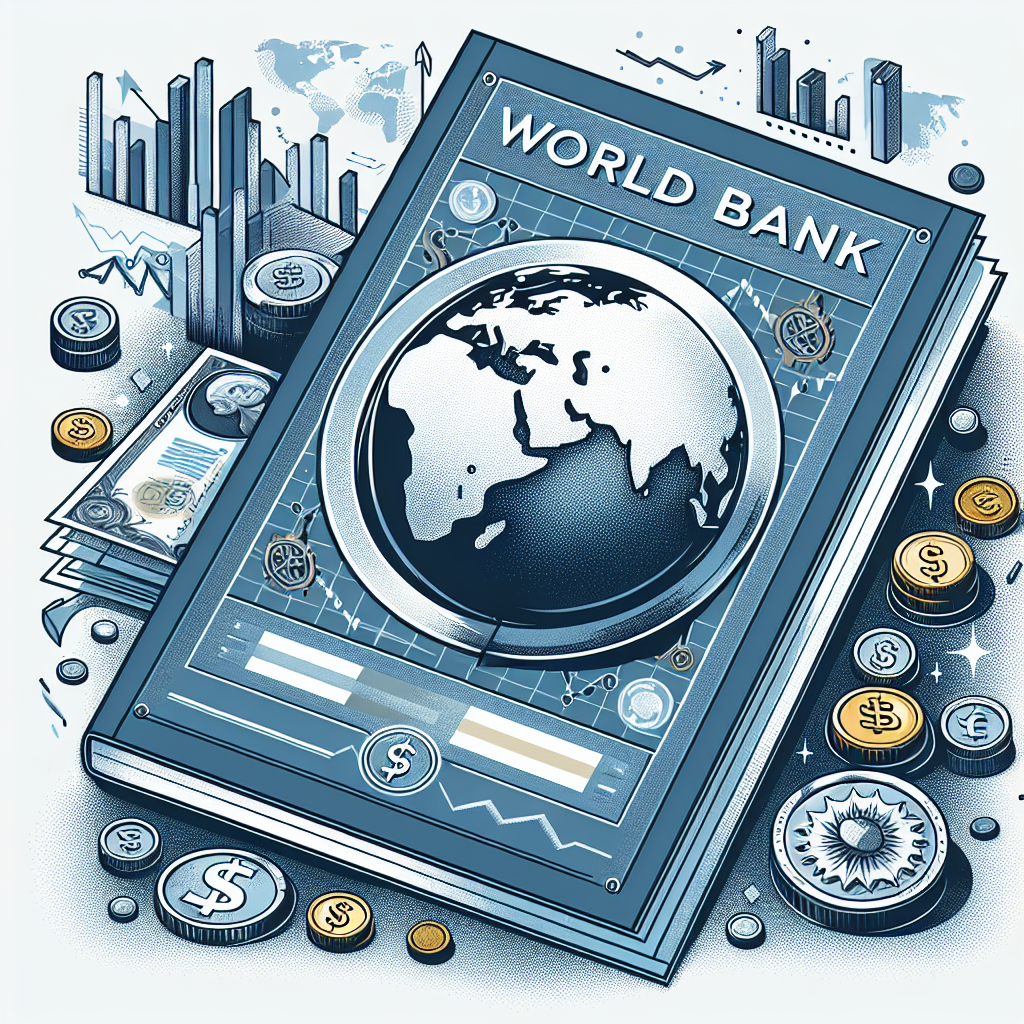Albania's Economic Growth Projected at 3.3% for 2024, Supported by Consumption and Investment
Looking ahead, Albania’s economic outlook hinges on the recovery of the global economy and the pace of ongoing structural reforms.

The World Bank's latest Regular Economic Report highlights strong economic prospects for Albania, with growth expected to remain robust amid rising employment and labor income.
Albania’s economic growth for 2024 is projected to remain strong at 3.3%, driven by private consumption, tourism, and construction, according to the latest Western Balkans Regular Economic Report released today by the World Bank. The forecast for 2025 anticipates a slight acceleration of 3.4%.
Positive Trends in Employment and Income
Poverty levels in Albania have decreased, with further reductions anticipated due to rising labour income. Employment has notably increased, especially in the private sector, where average wages have grown by 12.7% across all industries in the past year. Inflation is gradually easing, and as of July 2024, budget revenues have seen an 8% year-on-year increase.
"Domestic factors continue to support a moderate acceleration of growth in the Western Balkans," stated Isolina Rossi, an economist at the World Bank and the report's lead author. "In addition, the gradual recovery of economic activity in the European Union will play a crucial role in bolstering exports from the region."
Economic Outlook and Structural Reforms
Looking ahead, Albania’s economic outlook hinges on the recovery of the global economy and the pace of ongoing structural reforms. The country’s aspirations to join the European Union (EU) serve as a guiding force for its continued progress. To achieve higher growth, swift action on government reforms aimed at enhancing productivity, improving the business climate, and deepening Albania’s integration into international markets will be essential.
Despite the positive outlook, the region remains vulnerable to several risks, including sluggish global growth, a potential rebound in inflation, political uncertainty, and extreme weather events. As economic growth strengthens, living standards in the Western Balkans continue to gradually converge with those of more advanced EU economies. However, retaining growth momentum and accelerating convergence requires structural reforms aligned with the EU’s Growth Plan.
Regional Economic Growth Projections
The World Bank projects that collective economic growth in the Western Balkans, which includes Albania, Bosnia and Herzegovina, Kosovo, Montenegro, North Macedonia, and Serbia, will reach 3.7% in 2025, a revision of 0.2 percentage points upward from the spring edition of the report. The growth forecast for 2024 is an increase of 0.1 percentage point from earlier estimates.
"Economic integration is a key driver of growth for small economies such as those in the Western Balkans," noted Xiaoqing Yu, World Bank Country Director for the region. "To foster this growth, countries should enhance regional and EU trade, reduce border wait times, and integrate payment systems. Additionally, addressing demographic and labour market challenges requires a strong focus on developing human capital. To transition from middle- to high-income status, improving education and health systems is crucial."
Leveraging Migration for Economic Development
With nearly one in four individuals from the Western Balkans currently residing abroad, managing this global workforce effectively could be a significant driver of economic development in the region. While emigration poses challenges, such as labor shortages, there are clear opportunities to leverage migration for economic benefits.
According to the report, effective migration management can alleviate poverty, stimulate exports, and attract investment, resulting in job creation and knowledge transfer. For instance, remittances can enhance financial resources for migrant households. The return of skilled migrants can create a ‘brain gain’ for their home countries, while the prospect of higher wages abroad may encourage education and skill enhancement among those who remain.
Policy Recommendations
To maximize the benefits of migration, the report recommends several policy actions for the Western Balkans:
Develop Skills Training and Mobility Programs: Establish partnerships with destination countries to facilitate skills development and mobility for migrants.
Enhance Migrant Protections: Implement measures throughout the migration journey to mitigate risks and incentivize return migration.
Facilitate Knowledge Transfer: Encourage the transfer of capital, expertise, and cutting-edge technologies from the diaspora back to their home countries.
Utilize Digital Tools: Improve data collection and employ digital tools for effective migration management and policymaking.
By adopting these strategies, Albania and the wider Western Balkans can better navigate the complexities of migration while fostering sustainable economic growth.
- READ MORE ON:
- Albania
- Xiaoqing Yu
- World Bank
- Economic Growth
- employment










